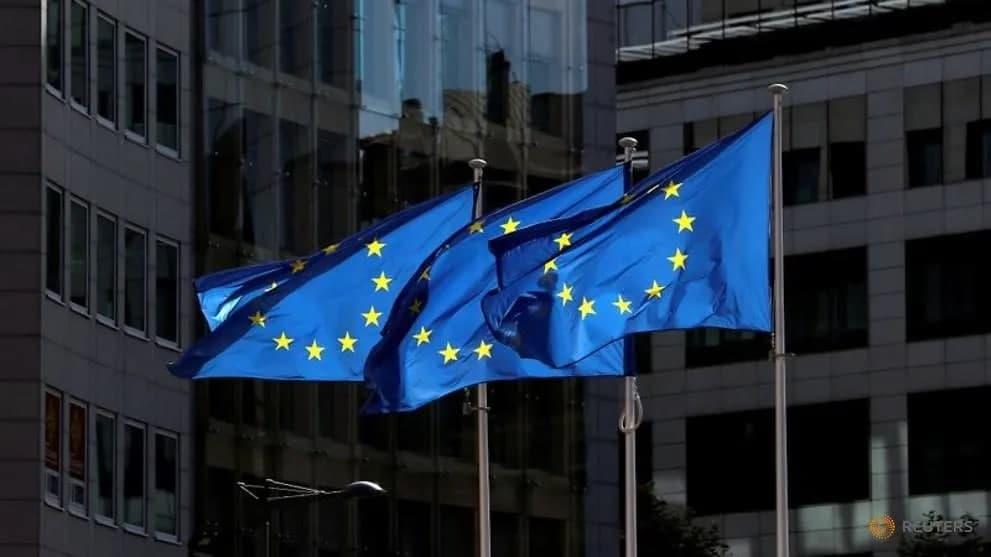BRUSSELS, Feb. 22 (CNA) - European Union foreign ministers on Monday (Feb 22) agreed to impose sanctions on Russian officials for the jailing of Kremlin critic Alexei Navalny and to target Myanmar's military over its seizure of power, the bloc's top envoy said.
The EU will press on with sanctions against Myanmar's military over its coup this month, and will also withhold some development aid.
"We took the political agreement to apply sanctions targeting the military responsible for the coup and their economic interests," EU foreign policy chief Josep Borrell said.
"All direct financial support from our development system to the government reform programmes is withheld."
The military ousted and detained civilian leader Aung San Suu Kyi in a coup that has drawn international condemnation - and it has launched an increasingly bloody crackdown on demonstrators.
Borrell insisted the bloc would not curb trade ties with the country as that could hit the general population.
SENIOR RUSSIAN OFFICIALS TARGETED
Russia called the EU's move "disappointing" and "unlawful", while the United States welcomed the decision to take action against Moscow.
Diplomats told AFP the Russia sanctions would target four senior officials deemed responsible for persecuting Navalny, using the EU's new human rights regime adopted last year.
The diplomats did not name the targeted individuals, but the limited move looks set to disappoint those calling for a tough response.
Navalny's associates and European lawmakers had urged the ministers meeting in Brussels to go after oligarchs accused of funding President Vladimir Putin's rule.
German Foreign Minister Heiko Maas said the sanctions were intended to send a "statement that we are not prepared to accept certain things".
"But it is also necessary that we continue to have a dialogue with Russia," he said.
Borrell did not confirm the number of people to be targeted.
He said he would officially put forward the names to be sanctioned and hoped the measures would be in place within a week.
"We have to sanction the people who are directly connected to his arrest, his sentencing, his persecution," Borrell said.
Russia's foreign ministry said in a statement that the decision, "under a far-fetched pretext to prepare new unlawful unilateral restrictions on Russian citizens, is disappointing".
The new US secretary of state, Antony Blinken, took part in the EU meeting virtually, and "welcomed" the decision, said State Department spokesman Ned Price.
